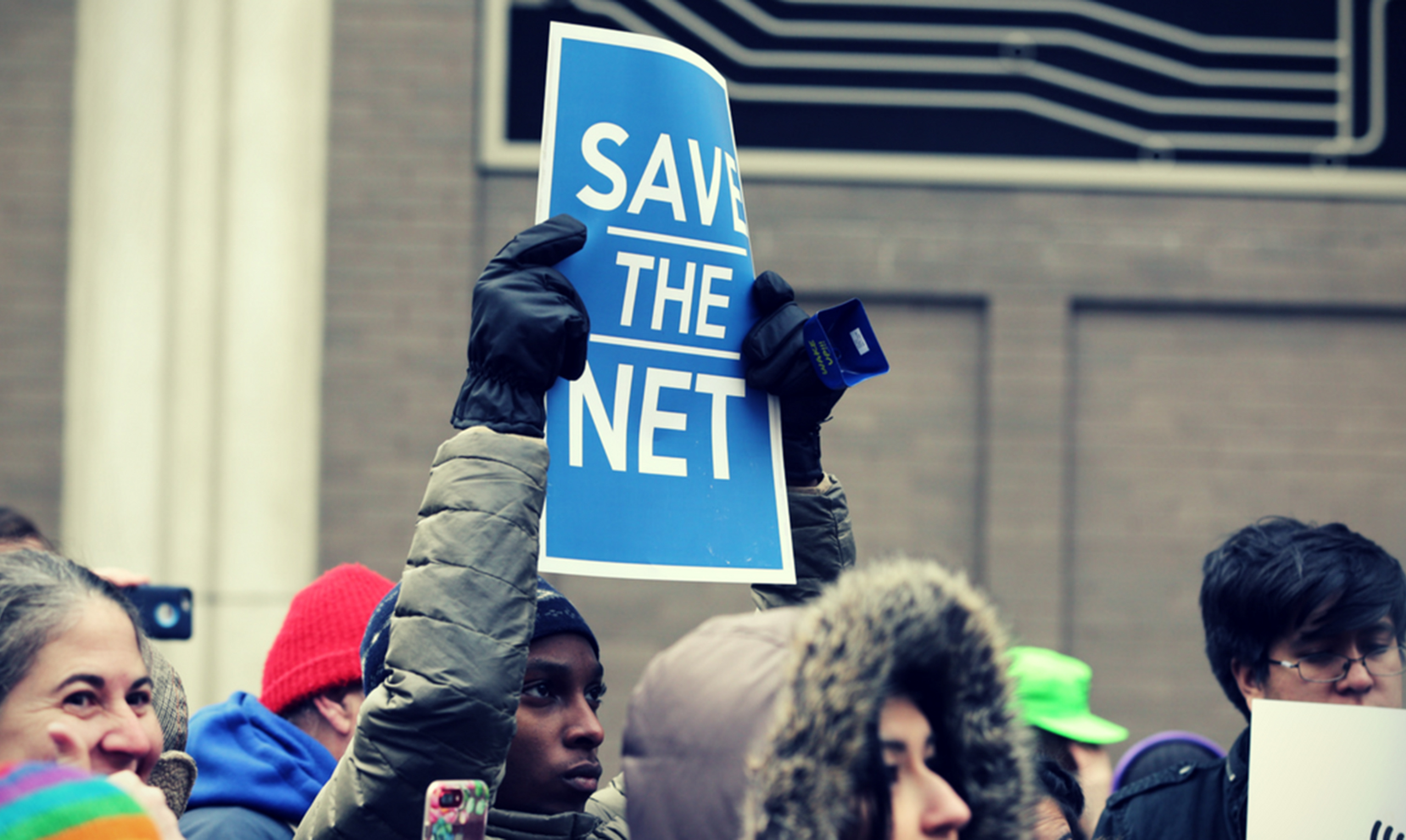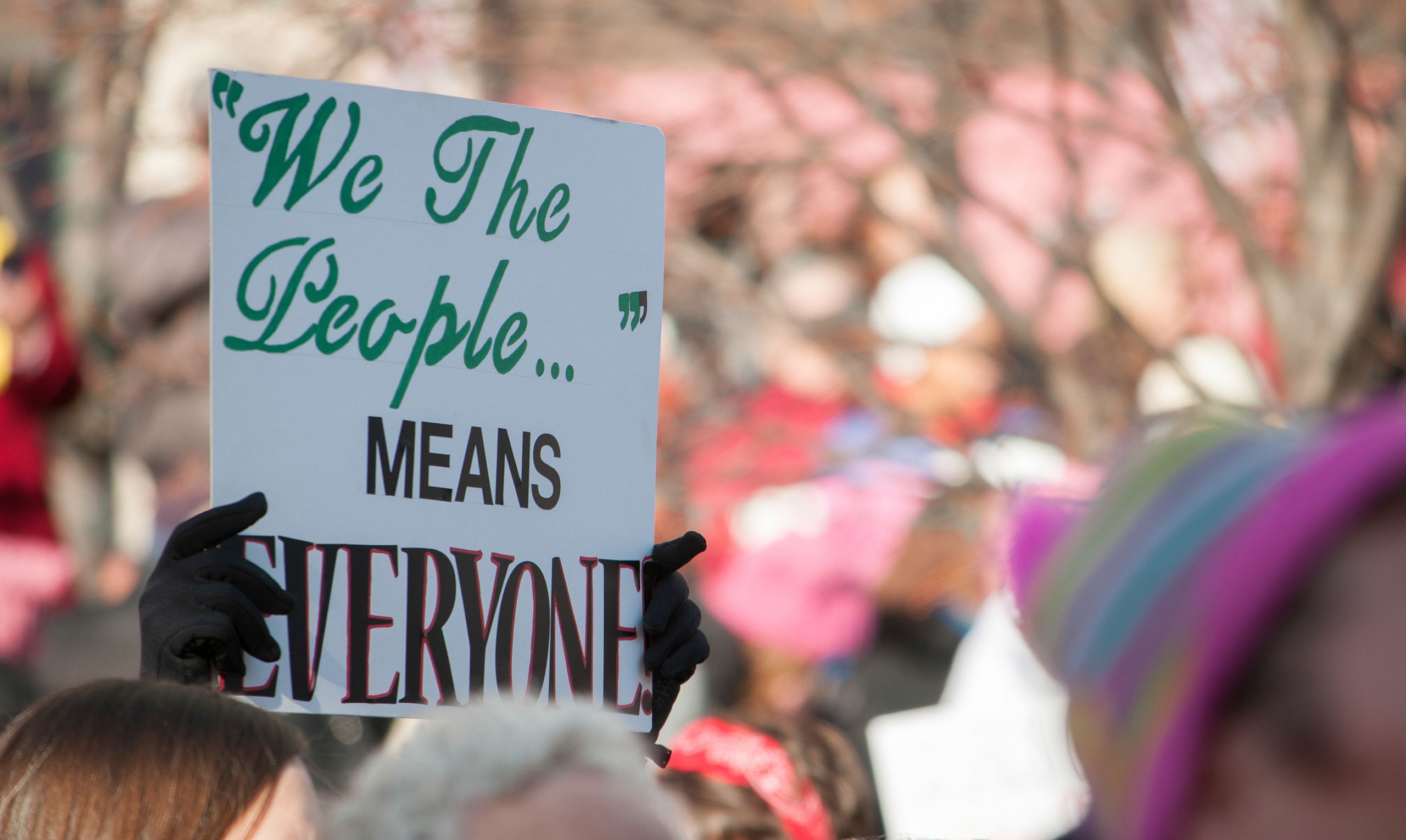Back in 2017, we realized we needed better ways to defend the rule of law and hold our leaders accountable – and fast. We were seeing abuses of power almost daily. They included things like the “Muslim Ban,” threats to ignore court orders and the disparaging of sitting judges, and coordinated efforts to obstruct an independent investigation into the foreign interference in the 2016 election. Politicians and government officials were repeatedly violating the institutional norms that underpin our foundational democratic values. Democracy Fund made its first government accountability-focused grants in direct response to this disturbing trend. We hoped that a swift response by leaders across the ideological spectrum would reverse it. Yet, it became clear that the incentives for abusing power were too strong and the existing guardrails were too weak.
Over the last five years, we explored ways to strengthen these guardrails, balance government powers, and bolster accountability measures to deter future abuses. Democracy Fund grantees worked tirelessly toward these goals by:
- Helping Congress conduct more effective, fact-based oversight;
- Spearheading groundbreaking litigation to impose limits on executive power;
- Defending transparency measures to expose wrongdoing;
- Highlighting the consequences of unethical, illegal or abusive acts;
- Defending an independent counsel’s investigation into Russia’s interference in the 2016 election and obstruction of justice by President Trump; and
- Helping secure significant legislative reforms, including those that strengthen the ability of inspectors general and whistleblowers to expose wrongdoing in the executive branch and clarify the rules for certifying presidential elections and conducting transitions of power.
Despite these efforts, some of our worst fears were realized. The magnitude of the abuses multiplied, culminating in a mob attacking the Capitol in an attempt to prevent the peaceful transition of power on Jan. 6, 2021.
In the two years since these attacks on our democracy, we built a strategy to address the growing threat of authoritarianism to our institutions. We are deeply troubled by how the authoritarian playbook is being implemented and replicated across states, cities, and towns across the country that are insufficiently resourced to respond. The communities often targeted include communities of color, immigrants, LGBTQ+ people, the working class, and others who have been historically disenfranchised or intentionally marginalized by those in power.
Building toward a more accountable government
In 2021, Democracy Fund announced a new organization-wide vision to strengthen and expand the pro-democracy movement, while also working to weaken and dismantle those who threaten our republic and oppose a multi-racial democracy. In alignment with this vision, we examined our government accountability work.
After deep consultation with experts in the field, we realized a new approach was needed to address the sustained efforts of the increasingly authoritarian bloc in our politics. The existing guardrails in our system depend on the willingness of political actors to tolerate dissent and difference. But as we saw on January 6th, authoritarian movements have no patience for long-held norms, cross-ideological discourse, or even respect for legitimate electoral outcomes. We need to bolster our system to respond to abuse and deter future political violence. We also need to expand the coordination and reach of organizations responding to authoritarian actions and defending their communities’ rights and interests at all levels – including the state and local level.
We have transitioned our accountability work into two new initiatives. The first, Preventing Authoritarian Abuse of Power, may look familiar to those who have followed our work to date. This initiative will build on existing efforts to strengthen our federal institutions against abuses by the authoritarian movement. It will:
- Work with Congress and through the courts to create robust guardrails against abuse. This includes developing and advancing reforms that would limit executive power, improve government transparency, protect whistleblowers, and firmly defend Congress’s constitutional role as a check on executive branch abuse.
- Build more resilient federal institutions that can withstand future efforts to politicize their work. This includes strengthening internal and external accountability mechanisms that ensure these institutions work in the public’s interest, not solely in the interests of those in positions of power.
- Hold accountable those who have engaged in unethical or illegal conduct. This includes deploying a range of tactics to deter and to respond to abuses, including civil litigation, support for independent investigations, public education, or other efforts.
Stopping abuses at the federal level remains essential — but focusing on federal institutions alone overlooks serious risks at the state and local levels, where abuses are spreading and disproportionately impact communities of color and other historically disenfranchised groups. Community organizers and advocates have long been under-resourced in their fight for accountability. To begin solving for this, we have created a new State and Local Accountability initiative that will:
- Support state and local groups responding to authoritarian abuses of power. This will include direct support of groups working on the ground, particularly those groups addressing priority issues for communities of color or other historically disenfranchised groups. We recognize that local leaders and organizations are often in the best position to identify the key concerns for their communities and the tools and tactics that hold the most promise.
- Create connective tissue across the accountability field. This will include efforts to build partnerships and connections between accountability groups working at the state and local level with groups working nationally to share knowledge, resources, and tools to improve accountability across all levels of government.
These areas of focus build on our learnings from the last five years. They are informed by conversations with our grantees about how philanthropy needs to respond in this moment of democratic crisis, and what is on the horizon if we fail to act.
Some changes you will see in our funding
Over the next five years, we are committing to building capacity and resilience to withstand future attacks on our democracy by the authoritarian movement.
While we’re not making any major changes, some key shifts you’ll see include:
- Breaking the cyclical nature of accountability funding. We are committed to funding this work for the next five years. This means transitioning the work in our temporary special project on Government Accountability, Transparency, and Oversight to permanent initiatives at Democracy Fund. This will enable us to provide multi-year support to core accountability organizations.
- Supporting organizations working on the ground at the state level. Previously, we focused on federal level policies, abuses, and interventions. Our State and Local Accountability initiative, however, will enable us to broaden the ways we think about stopping the authoritarian movement and build a more diverse field of allies.
- Greater focus on connecting groups across sectors and silos. The authoritarian threat does not have clean boundaries, and neither can our grantmaking. Stopping this threat requires interventions across all levels and branches of government, and between government and community. It also requires a greater degree of coordination and collaboration between groups working at the federal level and those working in the states and resourcing those network- and field-building efforts.
As we move into our new strategies, we’re committed to continue learning and growing, and to being transparent, accessible, and accountable along the way. We are excited to invest in organizations that are fighting for a government that is accountable to the people, and that push back against abuses of power at all levels, and especially those abuses that most impact communities of color and marginalized groups.
Moving into the next five years
We are in a troubling new era of political and government malpractice that threatens to topple the pillars of our democracy. From the Tennessee state legislature’s expulsion of two lawmakers for protesting gun violence, to bills that ban teaching about racial history and LGBTQ+ issues, to the Supreme Court’s rollback of reproductive rights, we are seeing the authoritarian movement exert its power across the country. As their influence grows, so must our response to it. We are deeply grateful for your ongoing partnership, and as always we welcome your input to hold us accountable to our values.
In the coming months, we will have more to share as our full Governance program strategy takes shape. Stay tuned for updates, and please don’t hesitate to reach out to our team with any questions.





